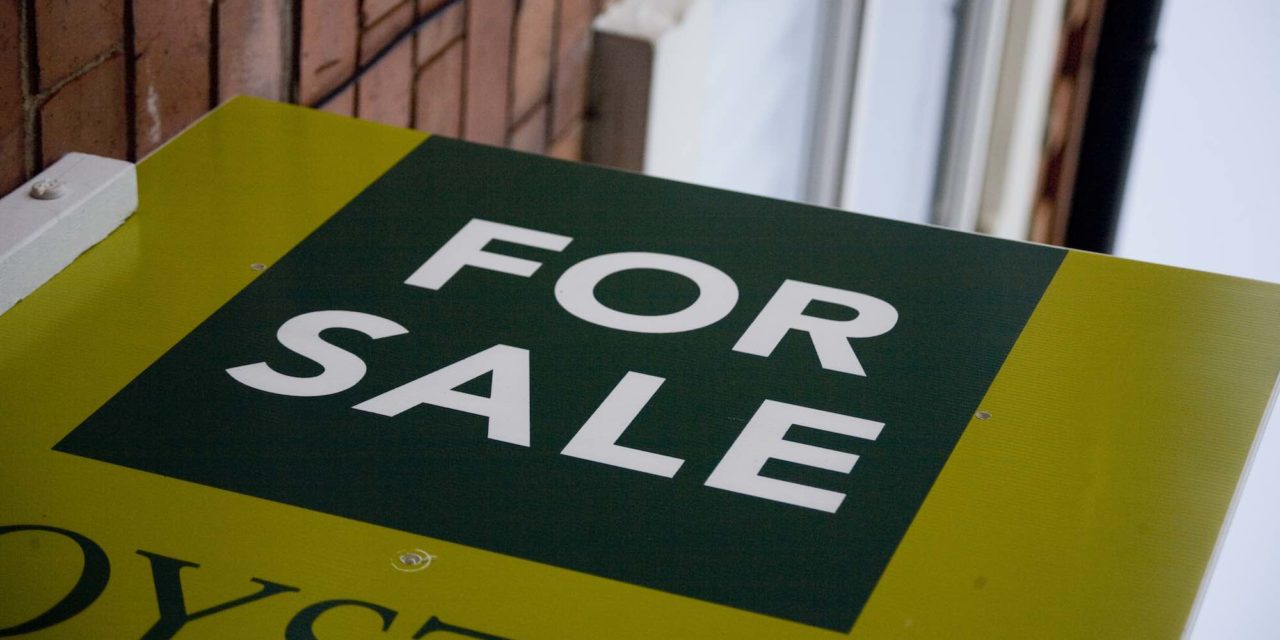Skyrocketing property prices over the last few years have led a number of commentators to raise questions about the ongoing viability of the kiwi home ownership dream. This impacts particularly on younger demographic who are struggle to raise the eye-watering $150,000 to $200,000 for a 20% deposit on what is now considered entry level in many parts of Auckland. And once they have managed to pull together a deposit, mortgage repayments consume a significant proportion of their earnings going forward.
However, the dream of owning a property (or at least getting on to the property ladder) is leading to some innovative thinking. BNZ research “Financial Futures” released earlier this year provides some insights into how this, seemingly intractable, issue is being overcome by those who aspire to owning a house. Here are some examples:
- Tenant Landlords. Rather than consider their first home as somewhere to live, some buyers are looking at buying smaller investment properties in a more affordable neighbourhood or even in another town or city.
- Shared Ownership. A number of respondents to the BNZ survey indicated that they would consider buying a property with friends or family.
- Buying Land. By buying a section in a more affordable location and building when finances permit allows purchasers to take advantage of the growth in property values (land value is perhaps the primary driver of growth in property values) at a lower cost than buying a house. Raising finance is likely to be a stumbling block here but, combined with e.g. shared ownership, could be a viable proposition for some.
Each of these approaches to buying a house present opportunities but they also come with potential pitfalls which could have significant long term impacts on your financial wellbeing. For example, by buying a property with friends you are taking on the risk that your friend(s) are unable to meet their mortgage commitments. Similarly, buying in another town or city requires some careful research to ensure that the property you buy is in a location likely to benefit from growth in property values in that area.
It’s also important to bear in mind that, whilst you need 20% if you are buying your own home to live in, buying an investment property requires a significantly higher deposit (35%+) to obtain finance. You also need to consider cashflow and return on investment after expenses including the cost of rates, repairs and maintenance.
If you are looking at getting into the housing market for the first-time (or are re-entering the market), we strongly encourage you to seek professional advice before making any commitment. You can use our “Find an Adviser” service to help you locate a professional in your area who can help.








